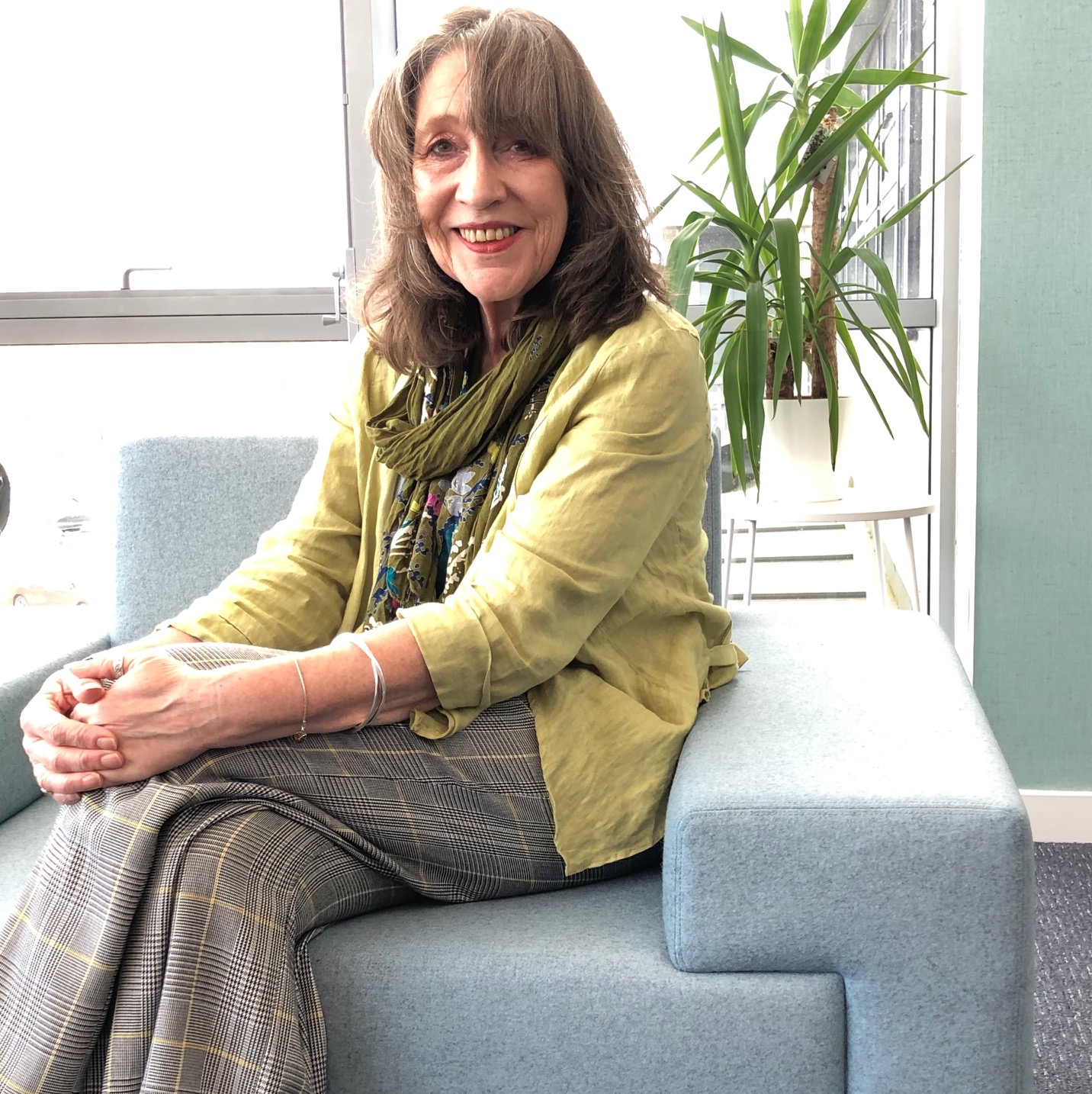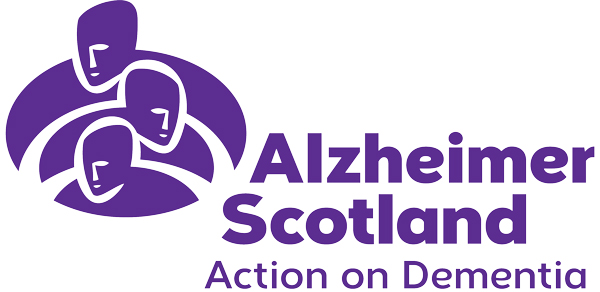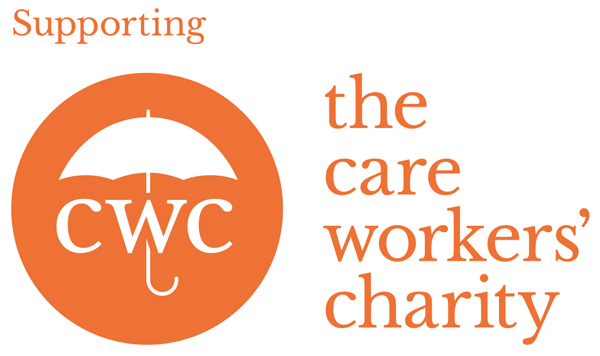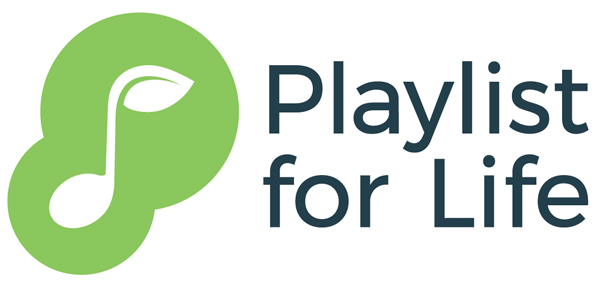
Lindsay Dingwall tells of her true baptism of fire as she moved from the public sector to Balhousie Care Group just as the COVID pandemic took hold.
Earlier this year I left a joint role in the NHS and Higher Education specialising in nursing older people, to join the privately owned Balhousie Care Group as their new Clinical Care Quality Manager. As I walked into Balhousie’s Head Office in March, it felt as though Covid 19 was holding the door open for me. A matter of days later, I and the rest of my colleagues were thrust into a pandemic that would hit the care home sector hard, and leave an indelible mark on everyone – residents, relatives and staff.
For me, it was a baptism of fire. I’d planned to spend some of my time in our homes, the rest at head office. Instead I took a step back in time, donning my nurse’s uniform again and supporting our care home teams. This journal is not about what I have done over the past three months, but what I have witnessed.
Balhousie Care made the decision to shield our residents earlier than the official national lockdown when, on March 11th, we suspended all non-essential visits to our 26 care facilities. That was a hugely difficult decision, but our care homes kicked into a new gear immediately. I saw residents provided with tablets, staff arranging phone and Skype calls,, and videoing residents to send to relatives. We made the most of social media and digital technology, posting all of our news and activities through closed groups and emailing weekly newsletters to relatives. Communication was key as we tried to reassure relatives and keep lines of communication open I saw Managers, Administrators, Home Managers and staff having to be constantly alert to the protocols and procedures being written and reviewed in response to changing guidance as the country learned more about Covid 19. I saw staff adapting to wearing different PPE from their usual practice. They sweated under face masks for 12-hour shifts and saw the impact wearing masks had on our residents. They knew that although they spoke the words, it was their eyes and body language that did most of the communicating. Some kept photographs of themselves without masks to remind the residents who they are. I heard staff explaining to residents that they were wearing masks to protect the residents from them and not to protect themselves from the residents. This was important. Some of our residents saw staff in masks and thought they WERE the risk, not they were the ones AT risk.
Putting themselves in residents’ positions would prove to be more important than ever for our staff. I encouraged them to imagine what their life would be like if THEY were the resident having to self-isolate in one room. They imagined weeks without their phones, their gadgets and their friends and family…..and they acted. They delivered physical care with even more compassion and they delivered psychological care with empathy. They spent time with all residents trying to find activities to make their shielded and, for some, isolated lives interesting and meaningful. They worked hard to keep residents socially distanced within the Home and the grounds. For some residents – especially those with dementia – balancing infection prevention with their need for familiarity and the psychological safety of companionship – was a huge challenge.
Staff tried as hard as they could to keep Covid19 out of our homes. But Covid 19 was in all of our lives whether we liked it or not, and never more so than the intense scrutiny of care home deaths in the press and across social media. I heard relatives deeply distressed and worried about the safety of their loved ones. I saw residents tearful and frightened as they watched the news and read newspapers emblazoned with headlines about care home deaths. I tried to imagine what that must feel like – to be living in similar circumstances – and I couldn’t. It was a stark reminder that people, real people, have been at the very centre of the Covid-19 pandemic.
I saw staff crushed by the public focus on care homes. They were trying so hard and some were exhausted from filling the gaps that self-isolating colleagues had left. These staff came back every day, ignoring their holidays and their birthdays, worrying about their families’ and their own health, only to hear comments from the public and the media that they were unprepared and untrained. I am yet to be convinced that anybody was fully prepared for Covid 19, but they learned quickly and they acted instinctively to protect their care home family. It was hurtful to watch, and especially hurtful for the staff in the handful of our homes where Covid19 did enter. I watched them put their feelings of frustration and shame aside to care for residents with Covid 19 and to also be carers of sorts for relatives. Family members were anxious. We needed to be on the other end of the phone for them. For those residents who came through the disease – and our recovery rates were remarkable – there was relief and happiness. F for those who didn’t, well these people were not statistics, they were part of the care home family and the staff felt not only sorrow but a sense of failure.
Despite these dark times, I saw communities pulling together. Relatives came to visit their loved ones, waving and signing through windows and sending messages of love. Local people came to sing and play music in the care homes’ grounds. Schools and local businesses brought gifts for the residents and staff, children made art and wrote letters. These gestures will never be forgotten and, despite the horrors of Covid 19, each care home family is a little bit richer because of the kindness of strangers – some of whom have become friends.
Over the past six months I have seen people at their very best. I have seen brave residents and relatives who have understood on all different levels that we are living through difficult times. I have seen resilient staff who have put aside their own feelings to care for the residents in the best way they can.
Over the following weeks Balhousie Care homes opened our doors again and resumed visiting for loved ones. Visitors saw some changes, such as new protocols to follow, PPE wearing, and online booking systems. Most of our residents will always be vulnerable to COVID-19, so we’re treading carefully into this ‘new normal’.
What remains unwavering, though, is the commitment of our staff. If any good has come from the months since Covid struck, it’s an even stronger desire to make residents’ lives as rich as possible for them.
Lindsay Dingwall is Clinical Care Quality Manager at Balhousie Care Group.









